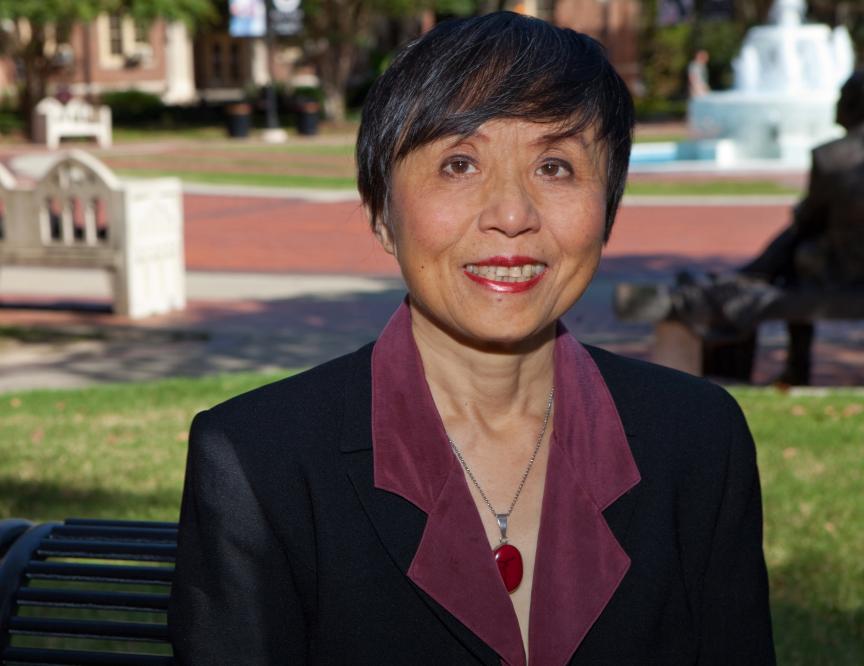NIH grant supports Amy L. Ai’s study of role of character strengths in the long-term survival of older adults from heart surgery

Amy L. Ai, Ph.D., professor in Florida State University’s College of Social Work and a Faculty Affiliate with the Institute for Successful Longevity, has received a grant from the National Institutes of Health to study resilience of older patients with advanced heart diseases undergoing open-heart surgery.
Working with Ai will be Yaacov Petscher, Ph.D., associate professor in FSU’s College of Social Work and associate director of the Florida Center for Reading Research; and Susan S. Smyth, M.D., Ph.D., chief and professor of cardiovascular medicine at the University of Kentucky. The team will evaluate the long-term survival effect of psychological character strengths in an existing cohort of older patients, assessed before open-heart surgery over 16 years ago.
“Health providers typically pay little attention to patient psychological strengths that could be harnessed to improve the patient-provider collaborative care,” said Professor Ai. “Recent studies, however, mostly in general populations, have found health benefits of certain character strengths; especially notable is the survival effect of optimism and spirituality indicators.”
In their interdisciplinary study, AI and her research team will address three novel research questions:
- Do any character strengths predict long-term survival (over one decade) in patients following open-heart surgery?
- Are there sex differences in the effects of character strengths on open-heart-surgery survival?
- How does a character strength mitigate the detrimental effect of depression as a known heart-disease mortality risk?
“To date, no information is available about the role of character strengths in post-open-heart-surgery survival, Ai said. “Further, women may fare worse after heart surgery. My earlier work indicates that there are sex/gender differences in certain character strengths such as reverence and private prayer coping and that some character strengths and comorbidities could explain sex differences in short-term recovery from surgery.”
The team will perform multivariate analyses of the combined National Index of Death records, existing interdisciplinary information obtained from prospective surveys, and patient-level information from the Society of Thoracic Surgeons’ national database, as well as some stress-sensitive biomarkers.
The study will be the first of its kind, comprehensive analysis of long-term survival benefits of psychological strengths in older patients undergoing open-heart surgery adjusting for appropriate medical confounders used by all U.S. cardiac surgeons.
“By combining information from multiple data sources,” Ai said, “we will create a well-characterized cohort that will provide a unique opportunity to address methodological challenges in existing literature and fill important gaps.”













